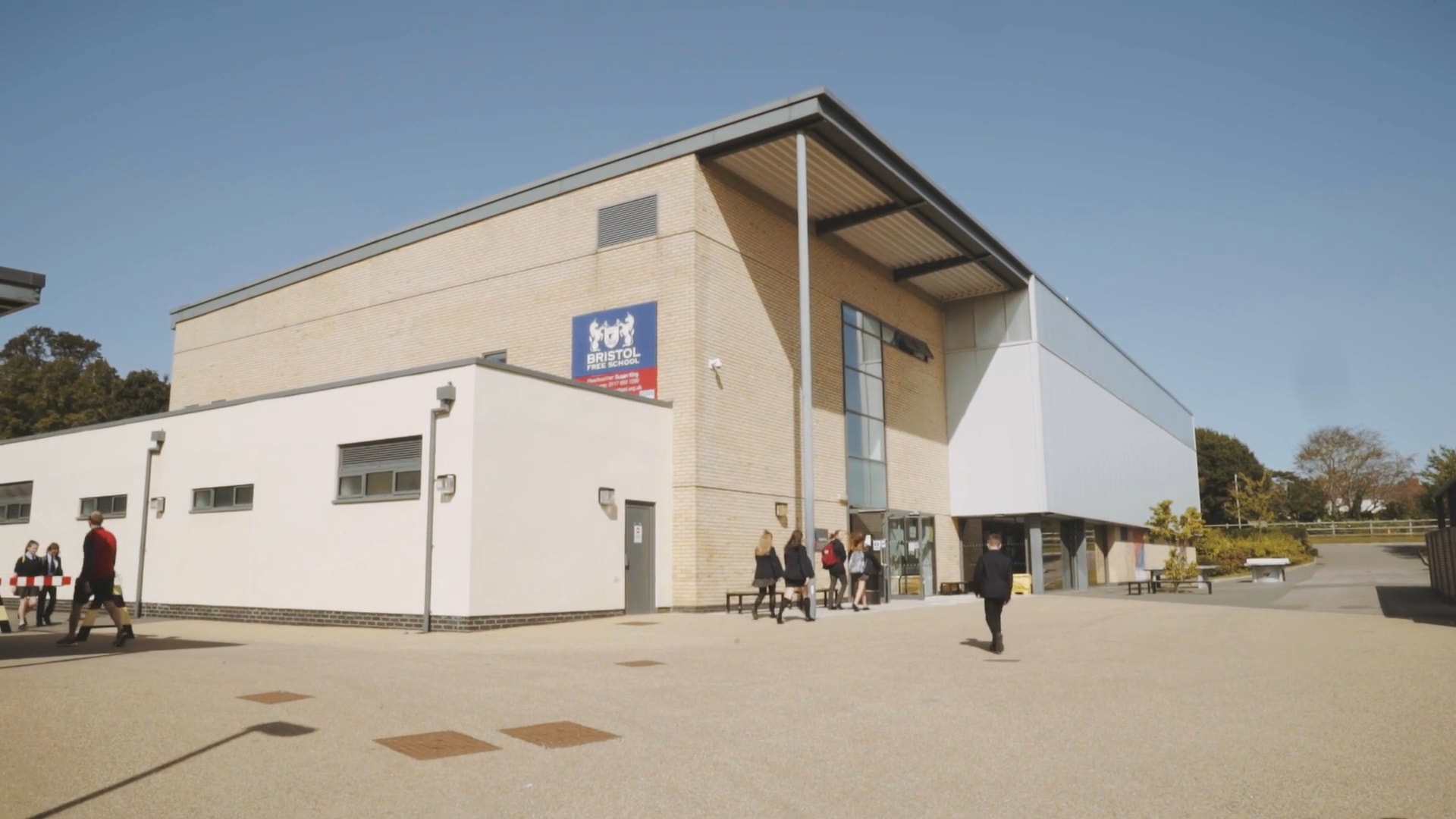
It has been said that if you don’t take care of your customers, someone else will,
which is why knowing your customers and their needs and providing excellent
customer service is so important to all travel and tourism organisations.
Customer service in the travel and tourism sector is about knowing your customers’
needs and expectations about the products and services they are using and have
purchased. You will look at different types of customers, both internal and external to travel and
tourism organisations. Internal customers are important – a happy workforce will
want to keep the external customers happy. Determining what a customer needs
may depend on what products and services are available, which is why all travel and
tourism organisations will investigate their customer needs first. It is also important
to recognise where the customer needs come from and often these can be unstated,
which can make it difficult to find out exactly what the customer wants. One thing all
travel and tourism organisations
Learning Aim A: Investigate travel and tourism customer service
Learning Aim B: Explore the needs and expectations of different types of customer in the travel
and tourism sector
Learning Aim C: Understand the importance of customer service to travel and tourism
organisations.
the assistance and advice provided by a company to those people who buy or use its products or services.
are the requirements that the customer would like to have: e.g a hotel with a beach
somebody who recieves customer service from a service provide. A customer may be a person or an organisation.
where consumers continue to buy or use a product or service
This refers to addressing a customers worries and concerns about a product or service.
Appreciate and consider own customer experiences and how they relate to others.
Appreciate and consider how their actions will impact on the wider community.
There are over 190 countries in the world. How many will you visit in your lifetime?
Working in the travel industry provides opportunities to explore some of these
countries, so why not start dreaming now, and look at some of the fascinating
destinations that exist?
Throughout this unit you will be asked to locate numerous international holiday
destinations and their gateways. You will also be asked to investigate natural
features, local attractions, accommodation and transport options to suit a variety
of customers in various holiday destinations.
This unit is particularly relevant for anyone who wishes to work in retail travel or tour
operations and it will broaden your knowledge should you wish to work overseas,
perhaps as a holiday representative or flying the world as cabin crew.
Learning Aim A - Know the major international travel and tourism destinations and gateways
Learning Aim B - Investigate the appeal of international travel and tourism destinations to different
types of visitor
Learning Aim C - Be able to plan international travel to meet the needs of visitors.
Refers to the social opportunities offered by a ski resort - its bars, clubs and entertainment.
Spectacular natural light show in the Night sky in Norway.
The United Nations Educational Scientific and Cultural Organisation - This is an international organisation and one of its roles is to recognise outstanding natural and cultural sites.
When you break up a long journey and take a short break en route, for example stopping over in Dubai when travelling to Australia.
When you have to change to a different aircraft to complete your journey.
Students reflect on their own individual experiences with international travel
Students are able to plan international travel to meet the needs of visitors from the international community.